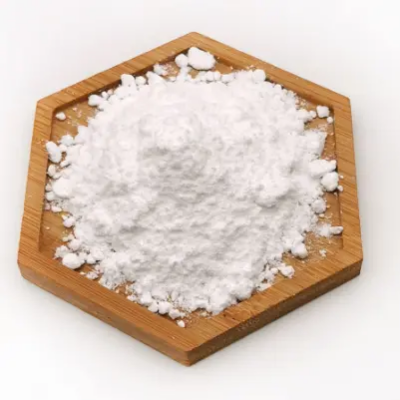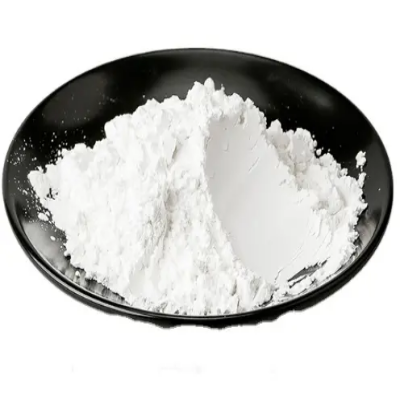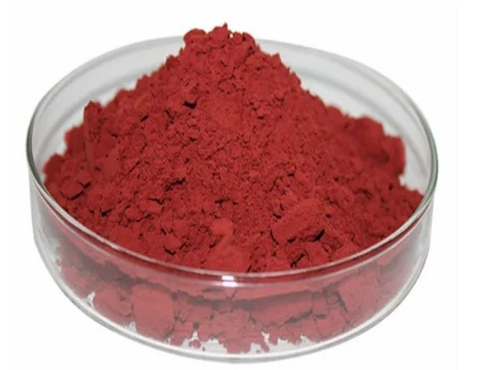Staurosporine, streptomyces staurosporeus CAS:62996-74-1
Staurosporine's broad spectrum of biological activities has led to its diverse applications in biomedical research and drug discovery. As a potent protein kinase inhibitor, staurosporine is commonly used in laboratory settings to study various signaling pathways involved in cell growth, differentiation, and apoptosis. Its ability to block multiple kinases makes it a valuable tool for investigating molecular mechanisms underlying cancer, neurodegenerative diseases, and other pathological conditions. In cancer research, staurosporine is recognized for its anti-proliferative effects on tumor cells and its potential as a chemotherapeutic agent. By targeting key signaling molecules involved in cancer growth and metastasis, staurosporine shows promise in inhibiting tumor progression and sensitizing cancer cells to conventional treatments. Furthermore, staurosporine's role in inducing cell apoptosis has implications for studying programmed cell death mechanisms and developing novel therapies for diseases characterized by abnormal cell survival. Researchers utilize staurosporine to elucidate apoptotic pathways and explore potential interventions for conditions such as cardiovascular disease, autoimmune disorders, and neurodegeneration. Overall, staurosporine derived from Streptomyces staurosporeus serves as a valuable compound in biomedical research, offering insights into cellular processes, disease mechanisms, and therapeutic strategies that contribute to advancements in medicine and drug development.



| Composition | C28H26N4O3 |
| Assay | 99% |
| Appearance | white powder |
| CAS No. | 62996-74-1 |
| Packing | Small and bulk |
| Shelf Life | 2 years |
| Storage | Store in cool and dry area |
| Certification | ISO. |









![4-[6-[[6-(1-Butoxyvinyl)-8-cyclopentyl-5-methyl-7-oxo-7,8-dihydropyrido[2,3-d]pyrimidin-2-yl]amino]pyridin-3-yl]piperazine-1-carboxylic acid tert-butyl ester CAS:866084-31-3](https://cdn.globalso.com/xindaobiotech/2WI17RKBWR11PZUDNLH66.png)